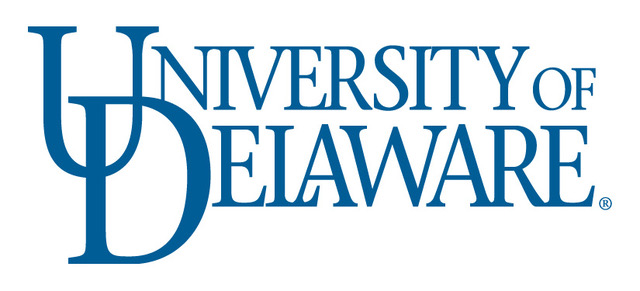Middle Leading Practices of Facilitation, Mentoring, and Coaching for Teacher Development: A Focus on Intent and Relationality
DOI:
https://doi.org/10.22230/ijepl.2023v19n1a1327Abstract
While educational institutions are increasingly acknowledging the importance of middle leaders for improving teaching, there is little research on middle leaders’ specific leading practices compared with, for example, principals. Evidence delineating and describing specific middle leading practice is scant. Drawing on practice theory, this article presents preliminary results from the first phase of a four-year Australian project examining the “flow of influence” of middle leading practices on teacher development. Thematic analysis of interviews reveals the multidimensionality of middle leading, and specifically, ways in which the practices of facilitating, mentoring, and coaching are nuanced and distinctive in their arrangement, intent, and relationality. Results have important implications that cannot be ignored by school leaders and policymakers seeking to improve broader systemic support for building and refining middle leading practices.
Résumé
Bien que les établissements d’enseignement reconnaissent de plus en plus l’importance des cadres intermédiaires pour l’amélioration de l’enseignement, il existe peu de recherches sur le leadership de ces cadres relatives, par exemple, à celui des directeurs d’école. Les descriptions et analyses des pratiques spécifiques aux cadres intermédiaires sont rares. Cet article s’inspire de la théorie d’entraînement pour présenter les résultats préliminaires de la première étape d’un projet australien s’échelonnant sur quatre ans qui examine les « flux d’influence » des cadres intermédiaires sur le développement de l’enseignement. Une analyse thématique d’entretiens révèle le caractère multidimensionnel de la direction intermédiaire et, plus particulièrement, les manières dont la facilitation, le mentorat et l’accompagnement, en ce qui a trait à leur structure, leurs intentions et leur relationnalité, sont nuancés et distincts. Les résultats de cette recherche ont des implications importantes que ne peuvent pas ignorer les dirigeants et responsables des écoles qui cherchent à offrir un meilleur appui systémique pour améliorer et peaufiner les pratiques propres aux cadres intermédiaires.
Keywords / Mots clés : coaching, facilitating, mentoring, middle leadership, practice architectures / accompagnement professionnel, facilitation, mentorat, cadres intermédiaires, architectures des activités
Downloads
Published
How to Cite
Issue
Section
License
Copyright (c) 2023 Christine Edwards-Groves, Catherine Attard, Peter Grootenboer, Sharon Tindall-Ford

This work is licensed under a Creative Commons Attribution-NonCommercial-ShareAlike 4.0 International License.
Copyright for articles published in this journal is retained by the authors, with first publication rights granted to the journal. By virtue of their appearance in this open access journal, articles are free to use after initial publication under the Creative Commons Attribution-Noncommercial-Share Alike 4.0 Unported License.
This work is licensed under a Creative Commons Attribution-ShareAlike 4.0 International License.




